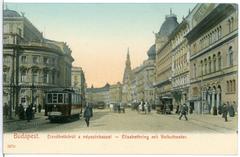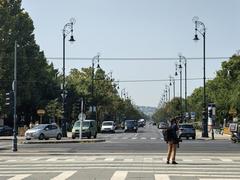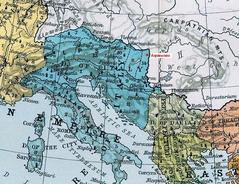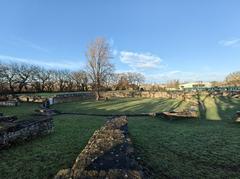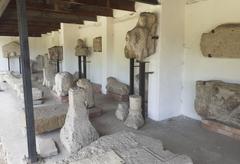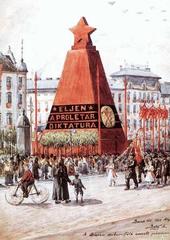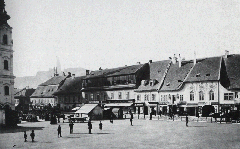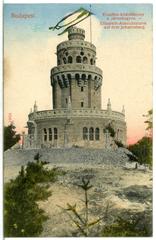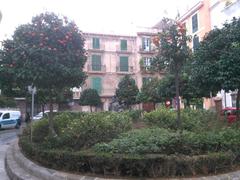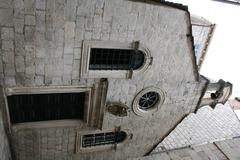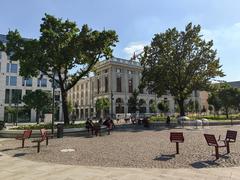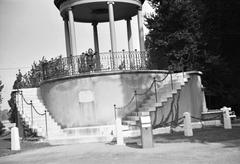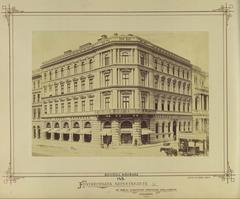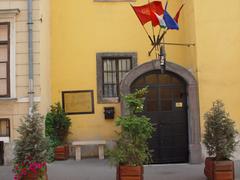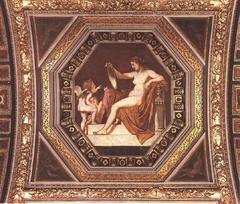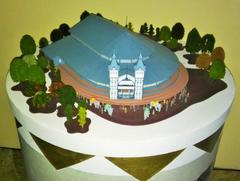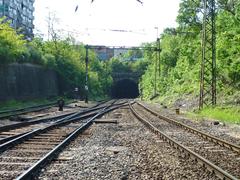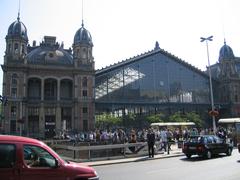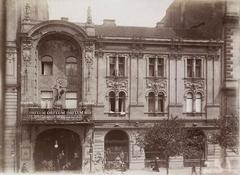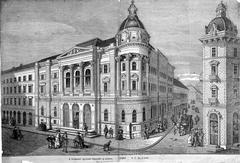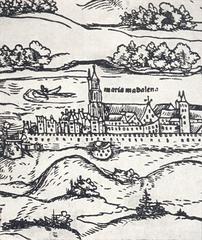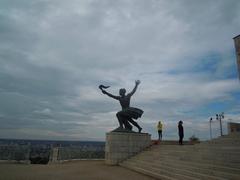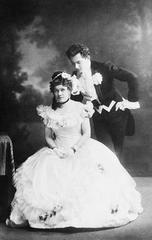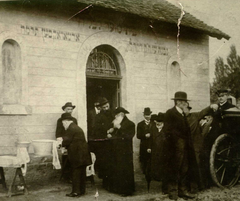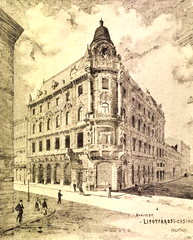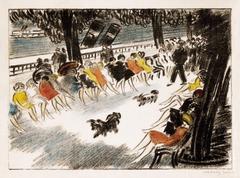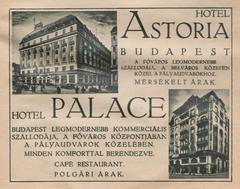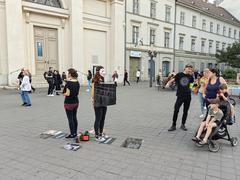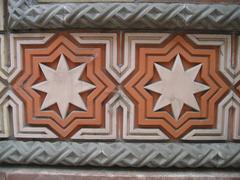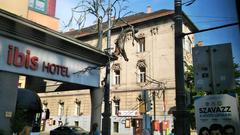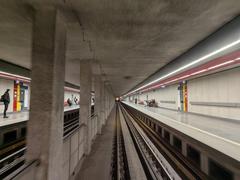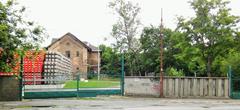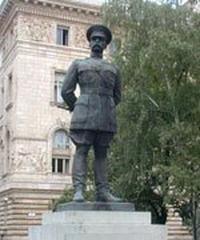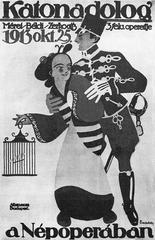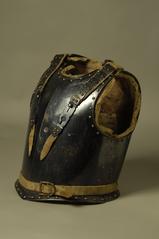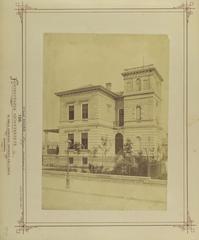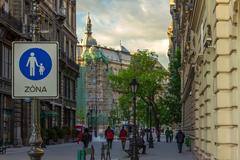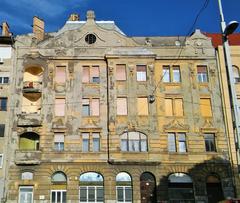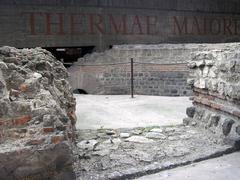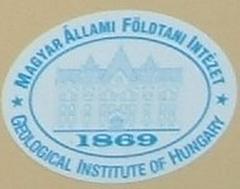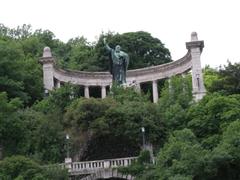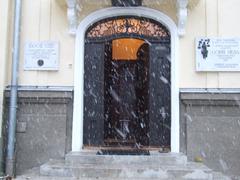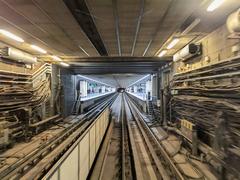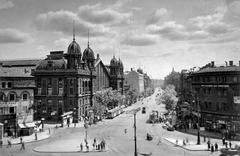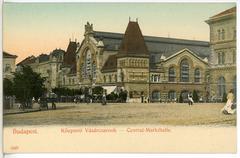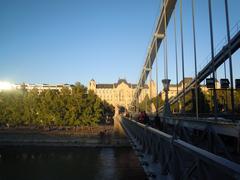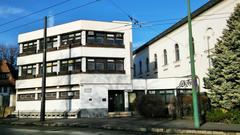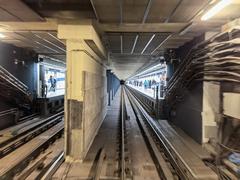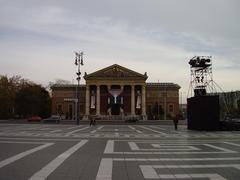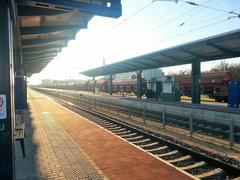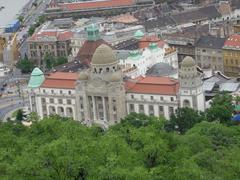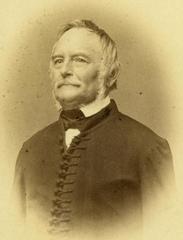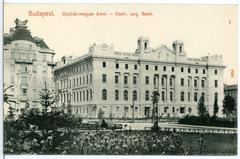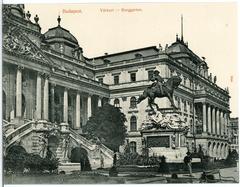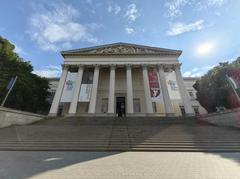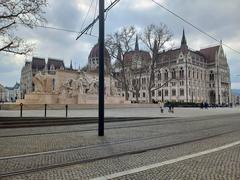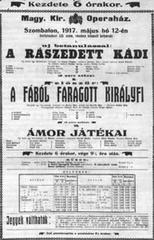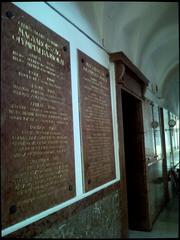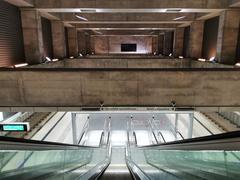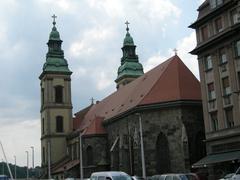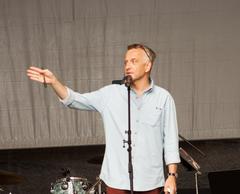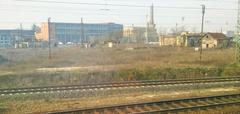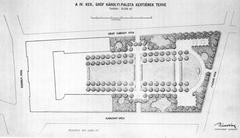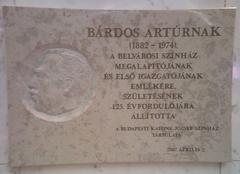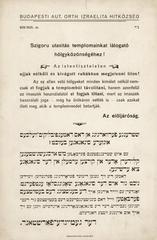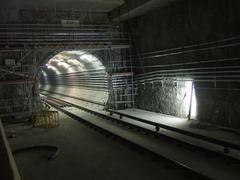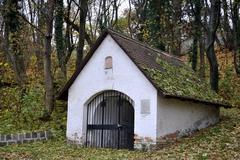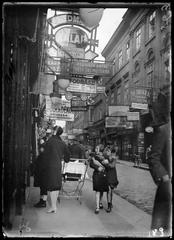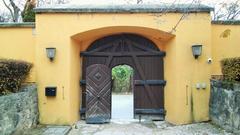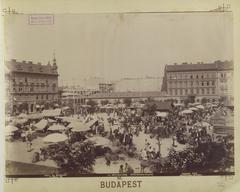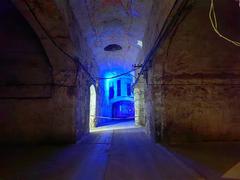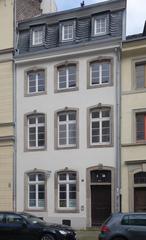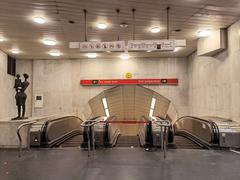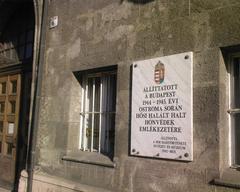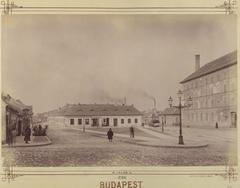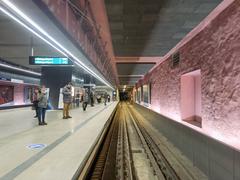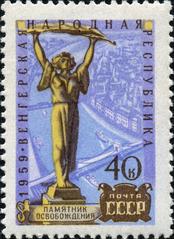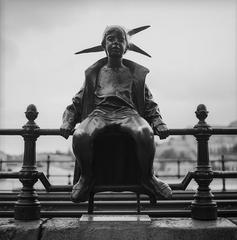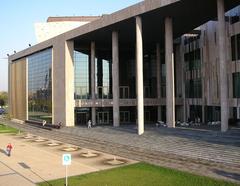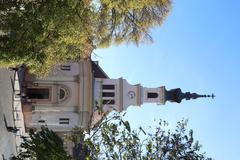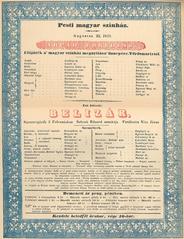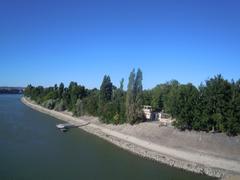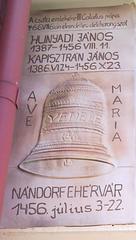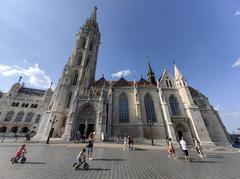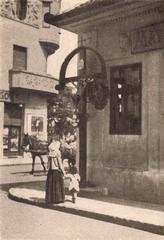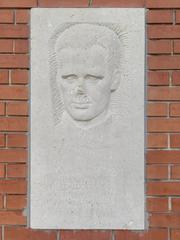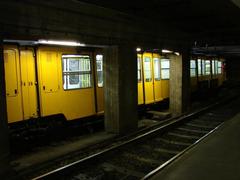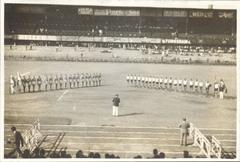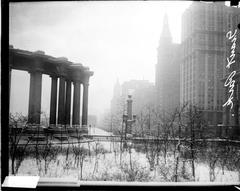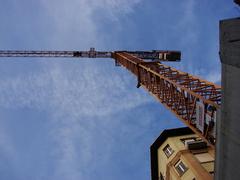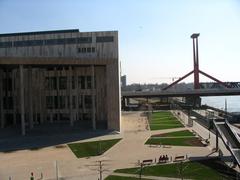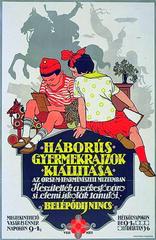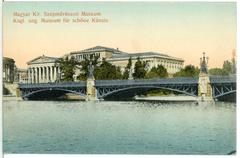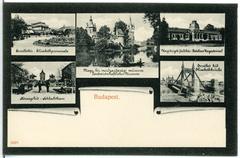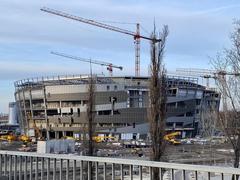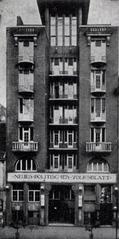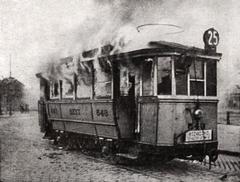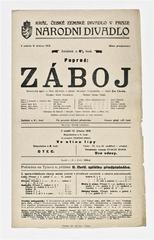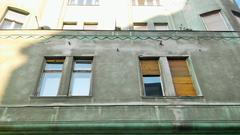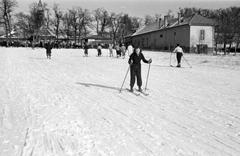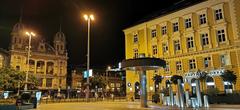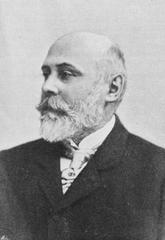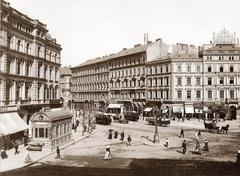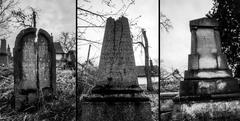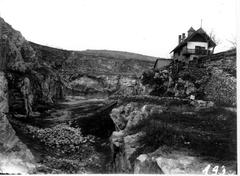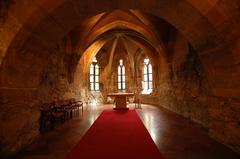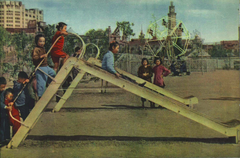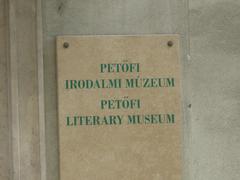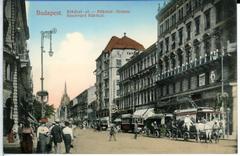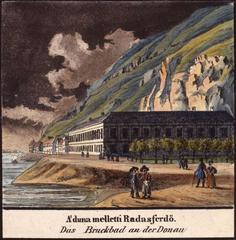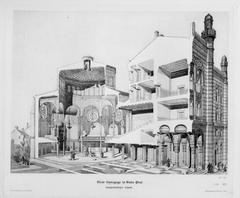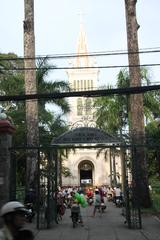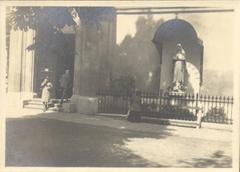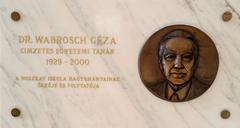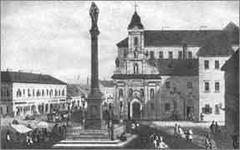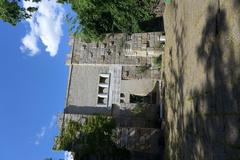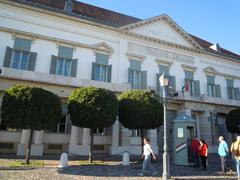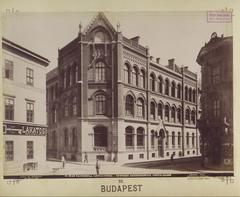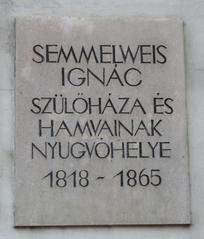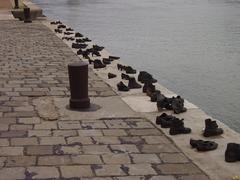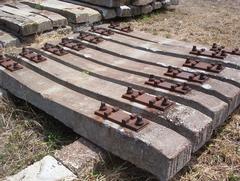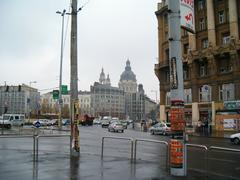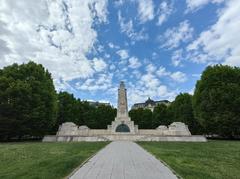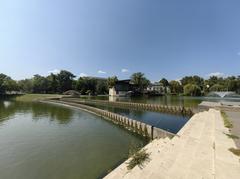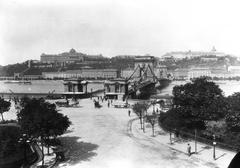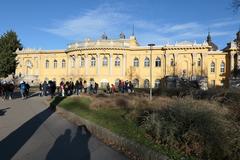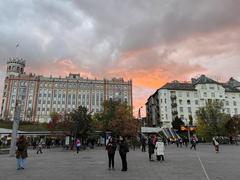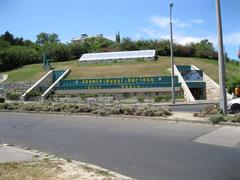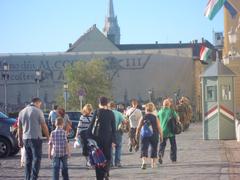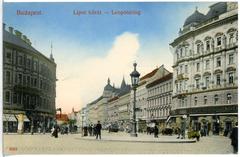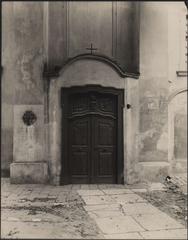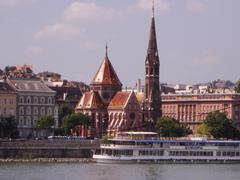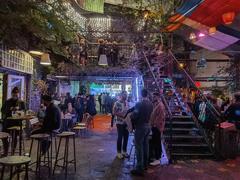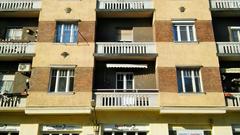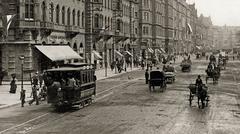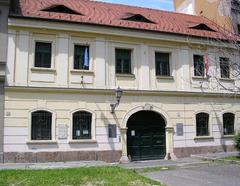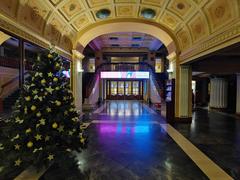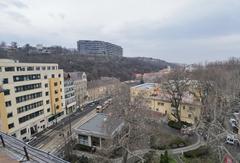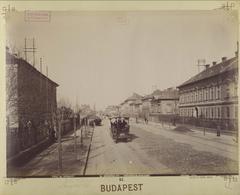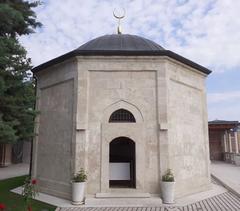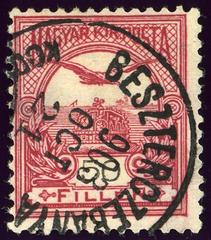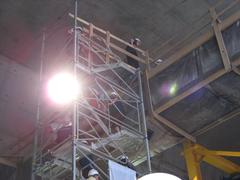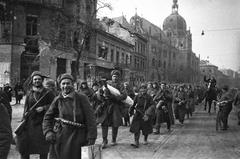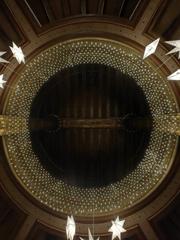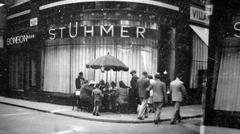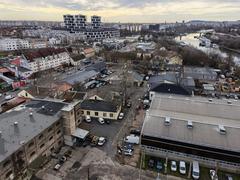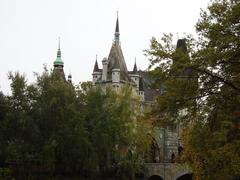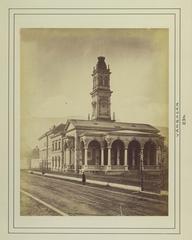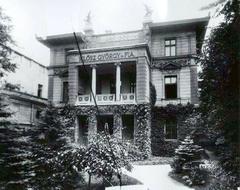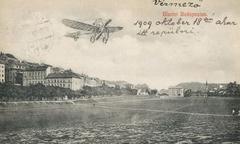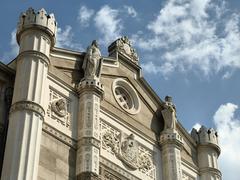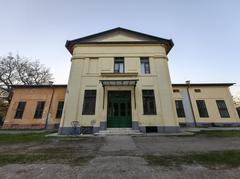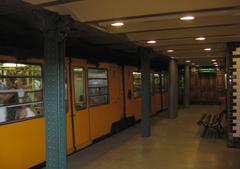
Dohány Street Synagogue Budapest: Visiting Hours, Tickets, and Historical Significance
Date: 03/07/2025
Introduction
Situated at the heart of Budapest’s historic Jewish Quarter, the Dohány Street Synagogue—often called the Great Synagogue—stands as Europe’s largest synagogue and the second-largest in the world. Designed by Ludwig Förster and completed in 1859, the synagogue is renowned for its majestic Moorish Revival architecture and its deep-rooted role in Hungarian Jewish history. The complex not only serves as a place of worship but also as a powerful memorial to the tragedies and triumphs of Jewish life in Budapest, especially during the Holocaust (Wikipedia; budapestbylocals.com).
This detailed guide offers everything you need to plan your visit, including current opening hours, ticket information, accessibility details, and an overview of nearby attractions. You’ll also learn about the synagogue’s architectural features and its enduring cultural significance.
Table of Contents
- Historical Background
- Visiting the Dohány Street Synagogue
- Nearby Attractions and Travel Tips
- FAQs
- Conclusion
- Sources
Historical Background
Origins and Construction
The Dohány Street Synagogue was built between 1854 and 1859, during a period of cultural and economic growth for Budapest’s Jewish community. The Neolog movement—a progressive branch of Judaism—commissioned the synagogue as a symbol of integration and modernity. Consecrated in 1859, the synagogue soon became a central gathering place for Budapest’s Jews and a symbol of resilience (Wikipedia).
During World War II, the synagogue marked the edge of the Budapest Ghetto. The site is deeply intertwined with the history of Jewish survival, remembrance, and renewal (Wikipedia; The Common Wanderer).
Architectural Significance
Designed by Ludwig Förster, the synagogue’s architecture blends Moorish Revival, Byzantine, Romantic, and Gothic styles. Its twin onion-domed towers soar to 43 meters, referencing the columns of Solomon’s Temple. The façade features alternating yellow and red bricks, intricate stonework, and a rose window with a Star of David motif (budapestbylocals.com; Hungary Unlocked).
Inside, the sanctuary accommodates around 3,000 worshippers. The nave is supported by cast-iron columns, and the richly decorated galleries are reserved for women, following tradition. The Torah ark, bimah, and a grand pipe organ—unusual for synagogues—add to the building’s unique character (kosherica.com).
The Synagogue Complex
The Dohány Street Synagogue complex includes:
- The Heroes’ Temple: A smaller synagogue built in 1931 in memory of Hungarian Jewish soldiers lost in World War I (budapest.org).
- Hungarian Jewish Museum: Located adjacent to the synagogue and built on the birthplace of Theodor Herzl, the museum chronicles the history and traditions of Hungarian Jewry (budapestbylocals.com).
- Holocaust Cemetery: Unique among synagogues for having a burial ground, established during WWII for victims of the Budapest Ghetto (livingtheqlife.com).
- Raoul Wallenberg Memorial Park: Home to the Tree of Life sculpture, inscribed with the names of Holocaust victims, and memorials to rescuers such as Raoul Wallenberg (Ace Adventurer).
Visiting the Dohány Street Synagogue
Opening Hours
- April to October: Daily from 10:00 AM to 6:00 PM
- November to March: Daily from 10:00 AM to 4:00 PM
- Friday: Closes early, typically at 2:00 PM
- Saturday: Closed (Shabbat)
- Jewish Holidays: Closed
Hours may vary during special events. Always check the official website before your visit.
Tickets and Pricing
- Standard Admission: 4,000–5,000 HUF (approx. 15–18 USD)
- Reduced Admission: 2,000–2,500 HUF (students/seniors)
- Children under 5: Free
- Combo Tickets: Include access to the synagogue, museum, Heroes’ Temple, and memorial park
- Guided Tours: Available for an additional fee; highly recommended
(thebettervacation.com; theviennablog.com)
How to Purchase Tickets
- Online: Booking in advance is recommended to secure your preferred time and avoid queues (thebettervacation.com).
- On-site: Tickets are available at the entrance, but expect longer waits during busy periods.
Accessibility
- The synagogue and museum are wheelchair accessible, with ramps and elevators.
- Some outdoor areas, like the cemetery, may have uneven surfaces.
- Accessible restrooms are provided.
Guided Tours and Special Events
- Guided tours are available in several languages (English, German, French, Hebrew, Hungarian).
- Tours last 45–60 minutes and cover the main synagogue, museum, and memorials.
- The synagogue hosts concerts, lectures, and the annual Jewish Cultural Festival, particularly in September (budapestbylocals.com).
Nearby Attractions and Travel Tips
- Kazinczy Street Synagogue: A vibrant synagogue nearby, often included in combo tickets.
- Jewish Quarter: Explore historic streets, kosher restaurants, cafes, and Budapest’s famous ruin bars such as Szimpla Kert (budapestbylocals.com).
- St. Stephen’s Basilica, Great Market Hall, and Chain Bridge: All within walking distance or a short ride.
- Getting There: The synagogue is at Dohány utca 2, 1074 Budapest.
- Metro: Astoria station (M2) is a 4-minute walk.
- Tram: Lines 47 and 49 stop at Astoria.
- Bus: Several lines serve the area; Deák Ferenc tér is nearby.
- Car: Paid parking is available, but spaces fill quickly.
FAQs
Q: What are the Dohány Street Synagogue opening hours?
A: April–October: 10:00 AM – 6:00 PM; November–March: 10:00 AM – 4:00 PM. Closed Saturdays and Jewish holidays.
Q: How much are tickets?
A: Standard adult tickets are 4,000–5,000 HUF (approx. 15–18 USD). Discounts for students/seniors; children under 5 free.
Q: Are guided tours available?
A: Yes, in multiple languages, typically lasting 45–60 minutes.
Q: Is the synagogue wheelchair accessible?
A: Yes, with accessible restrooms and ramps.
Q: Can I take photos?
A: Photography is allowed in most areas, but flash and tripods are not permitted.
Q: What should I wear?
A: Modest dress is required; men must wear a kippah (provided at the entrance).
Conclusion
The Dohány Street Synagogue is not only a breathtaking architectural monument but also a living testament to the resilience and cultural richness of Budapest’s Jewish community. The complex’s layered history—encompassing tragedy, remembrance, and renewal—offers visitors a meaningful encounter with Hungarian Jewish heritage. To make the most of your visit, plan ahead: check opening hours, secure tickets online, and consider joining a guided tour for deeper insights. Take time to explore the surrounding Jewish Quarter and immerse yourself in one of Budapest’s most important historical sites.
For more information on visiting, ticket bookings, and guided tours, visit the official Dohány Street Synagogue website. Download the Audiala app for audio guides and stay updated on events and travel tips.
Sources
- Dohány Street Synagogue – Wikipedia
- Dohány Street Synagogue – BudapestByLocals
- Dohány Street Synagogue – Budapest.org
- A Guide to the Dohány St. Synagogue – Ace Adventurer
- Dohány Street Synagogue Visiting Hours & Tickets – TheBetterVacation
- Dohány Street Synagogue in Budapest – Kosherica
- The Jewish Cemetery and the Raoul Wallenberg Holocaust Memorial Park – Living the Q Life
- Dohány Street Synagogue – TheViennaBlog













